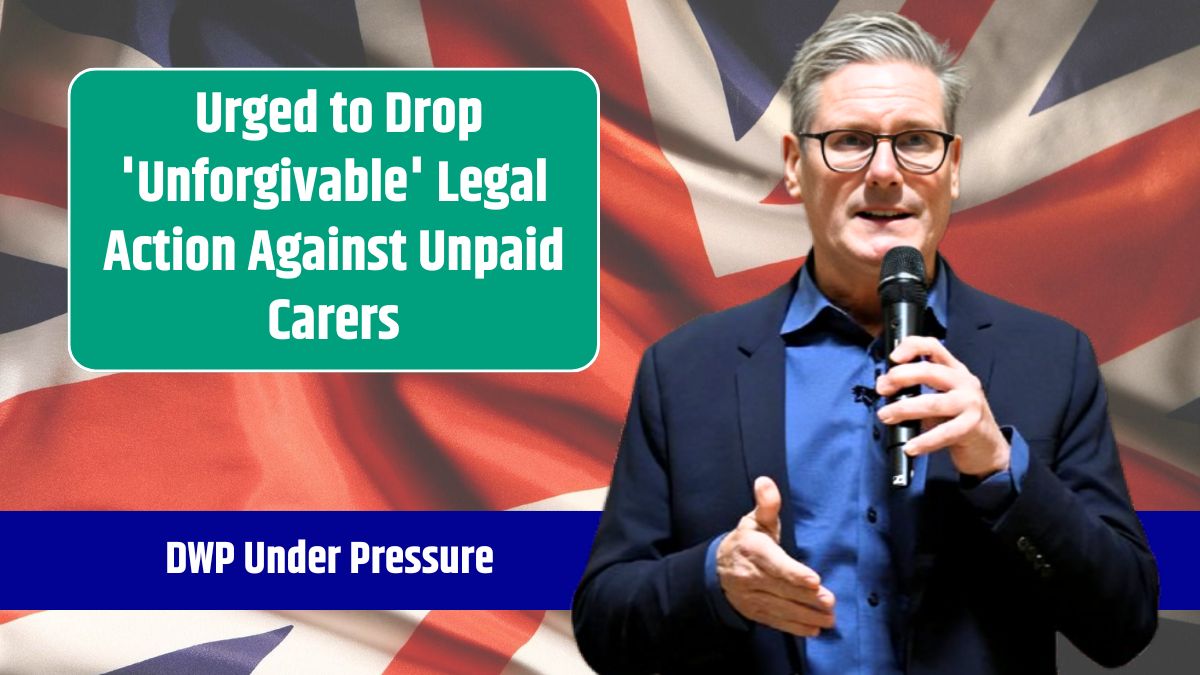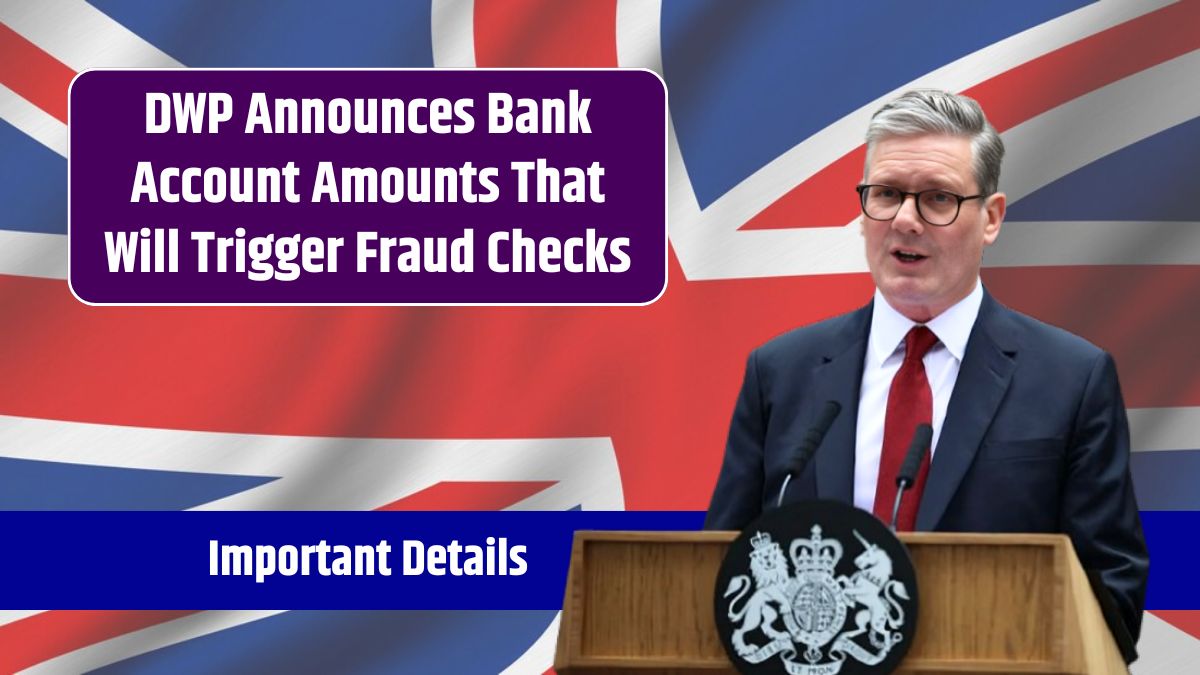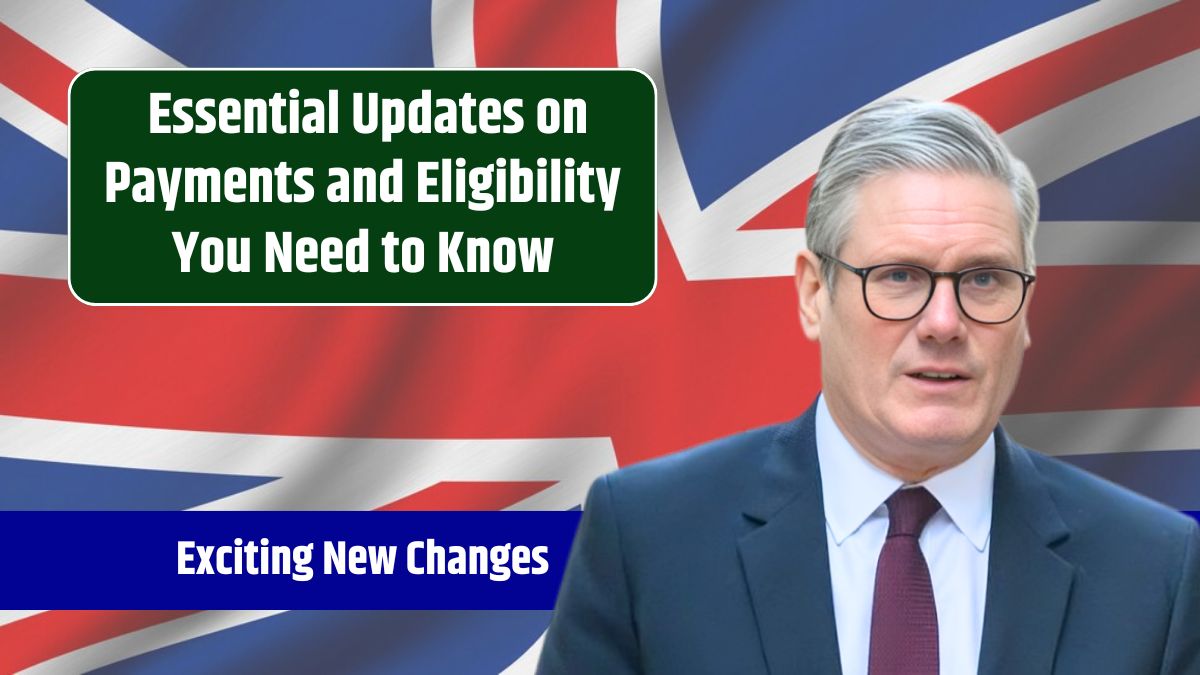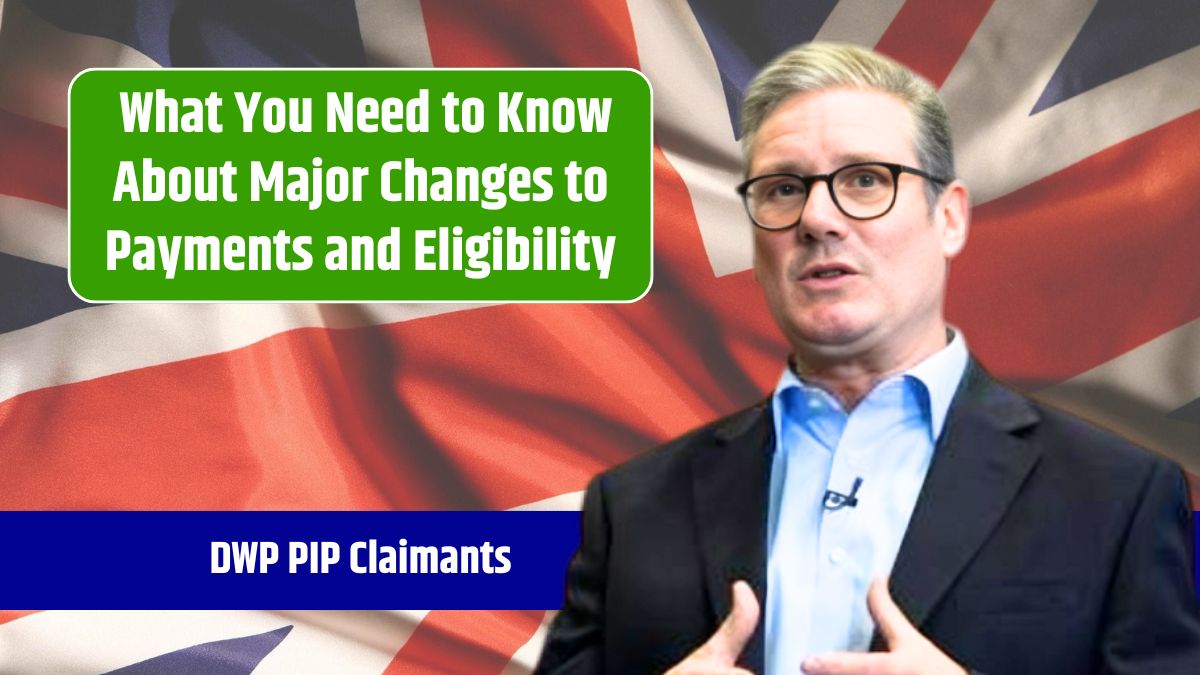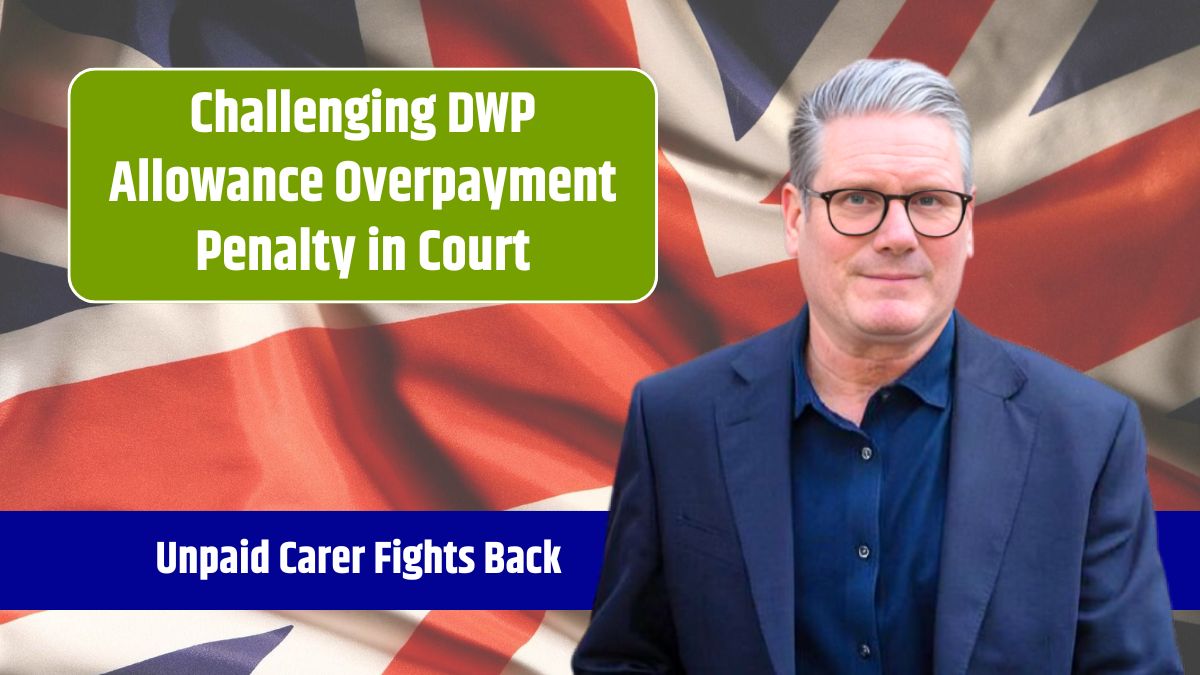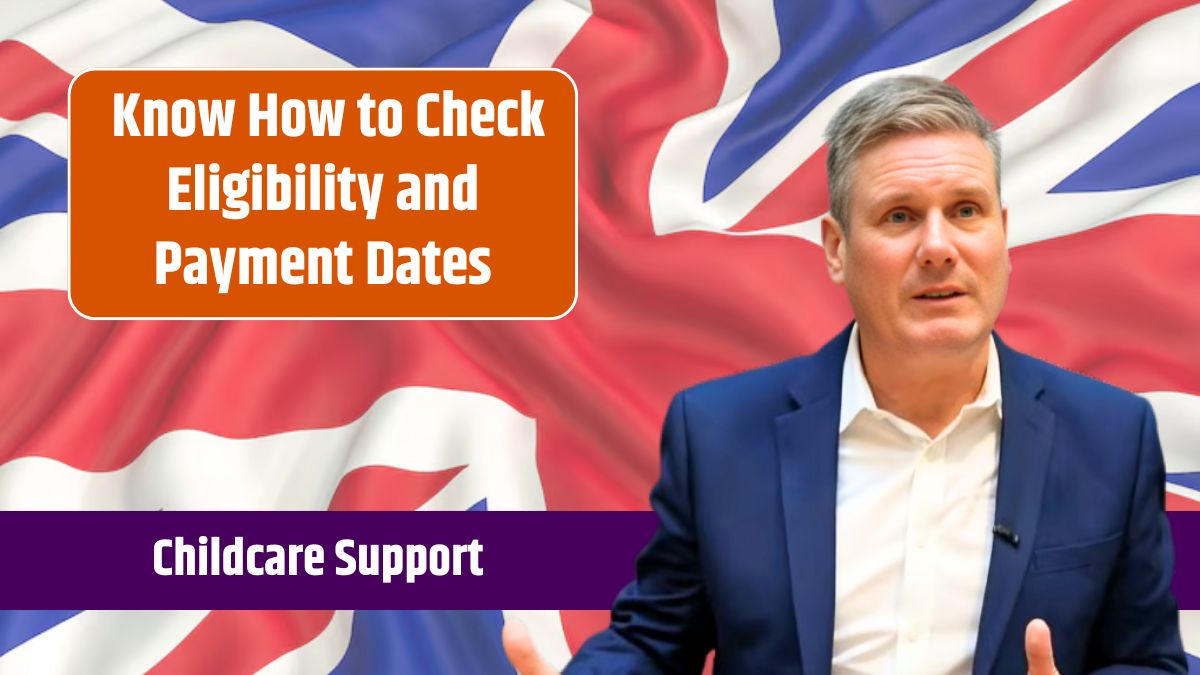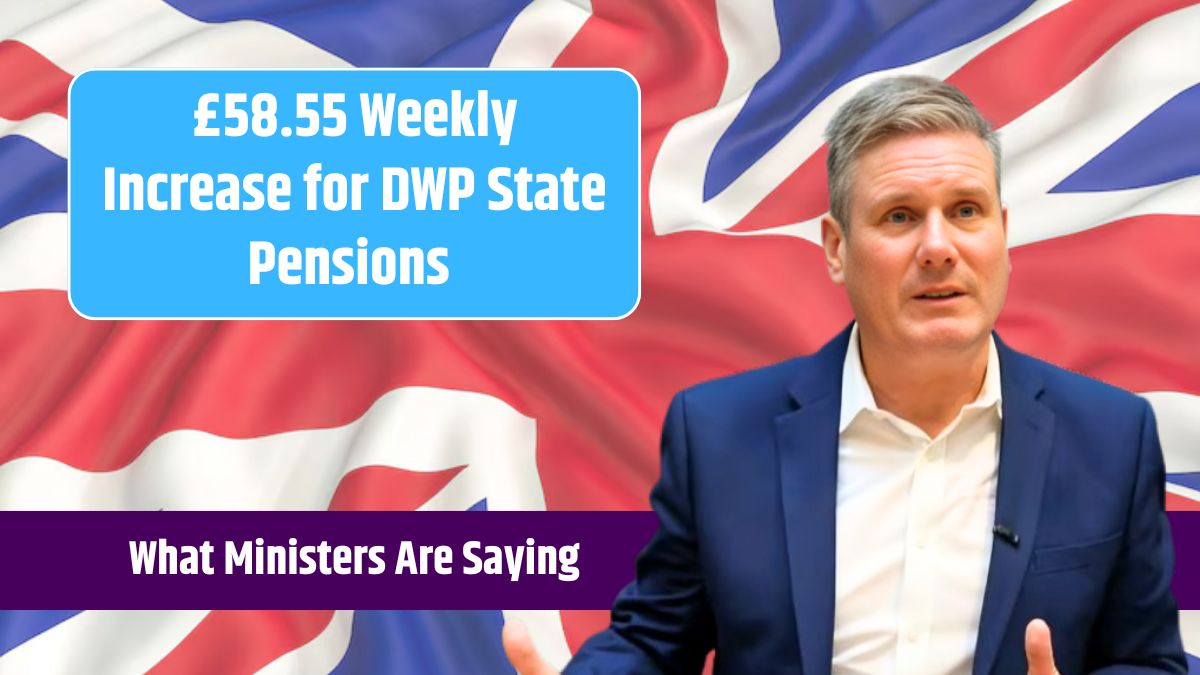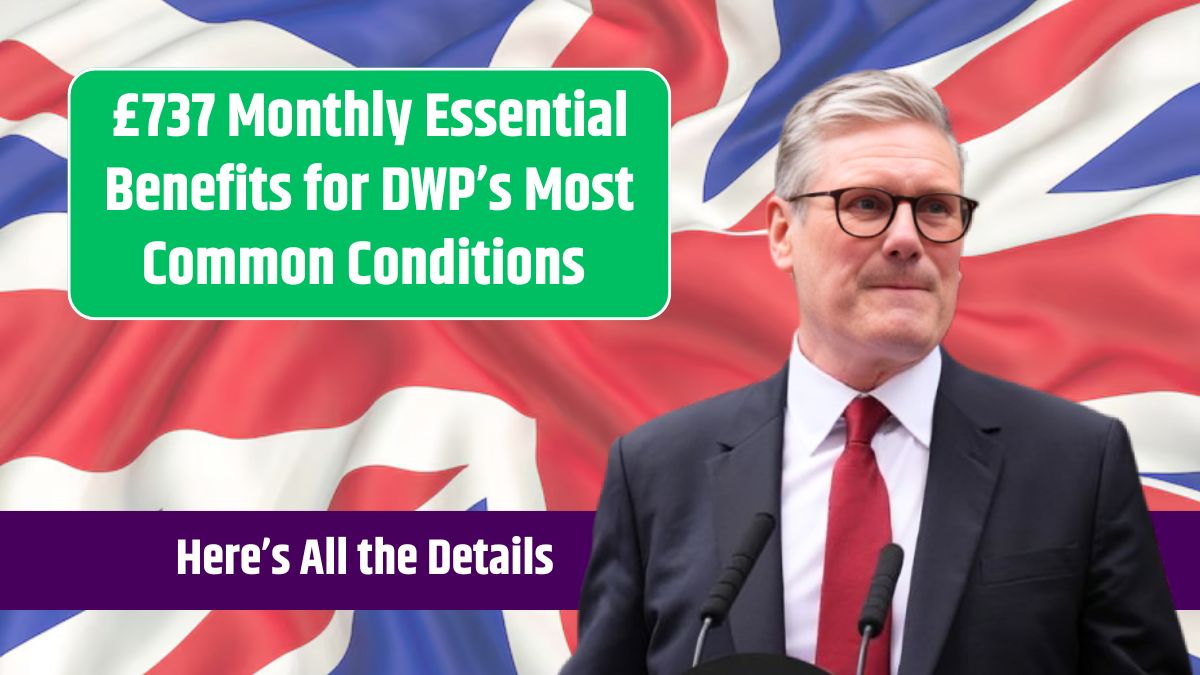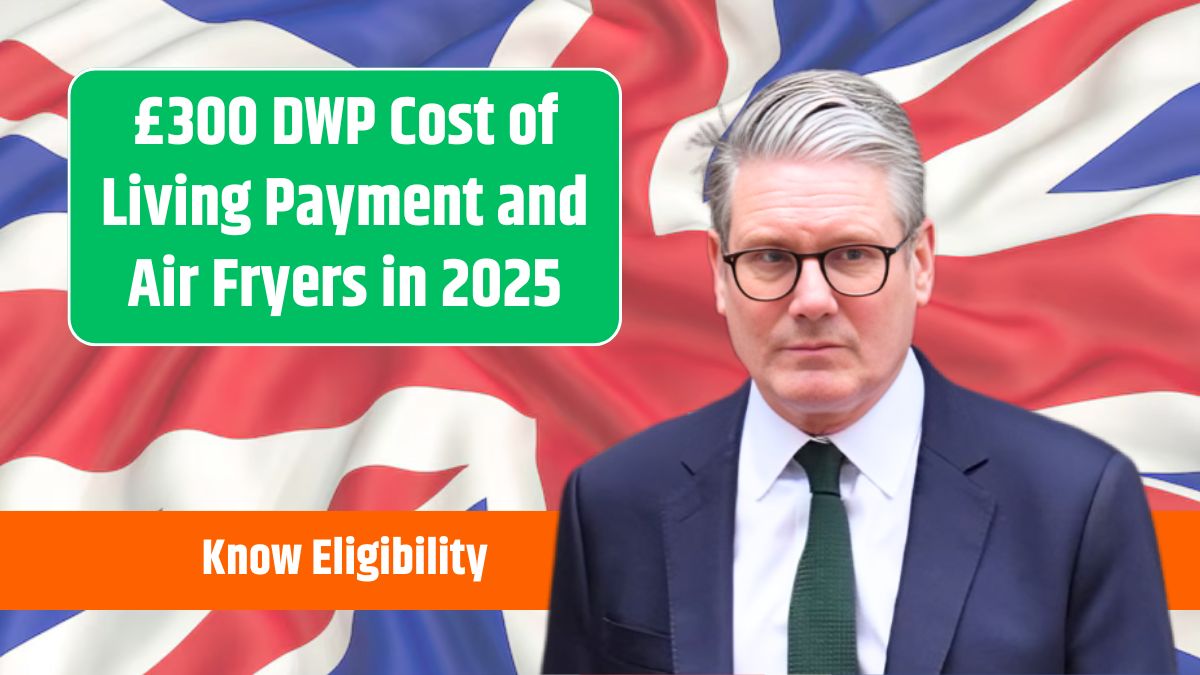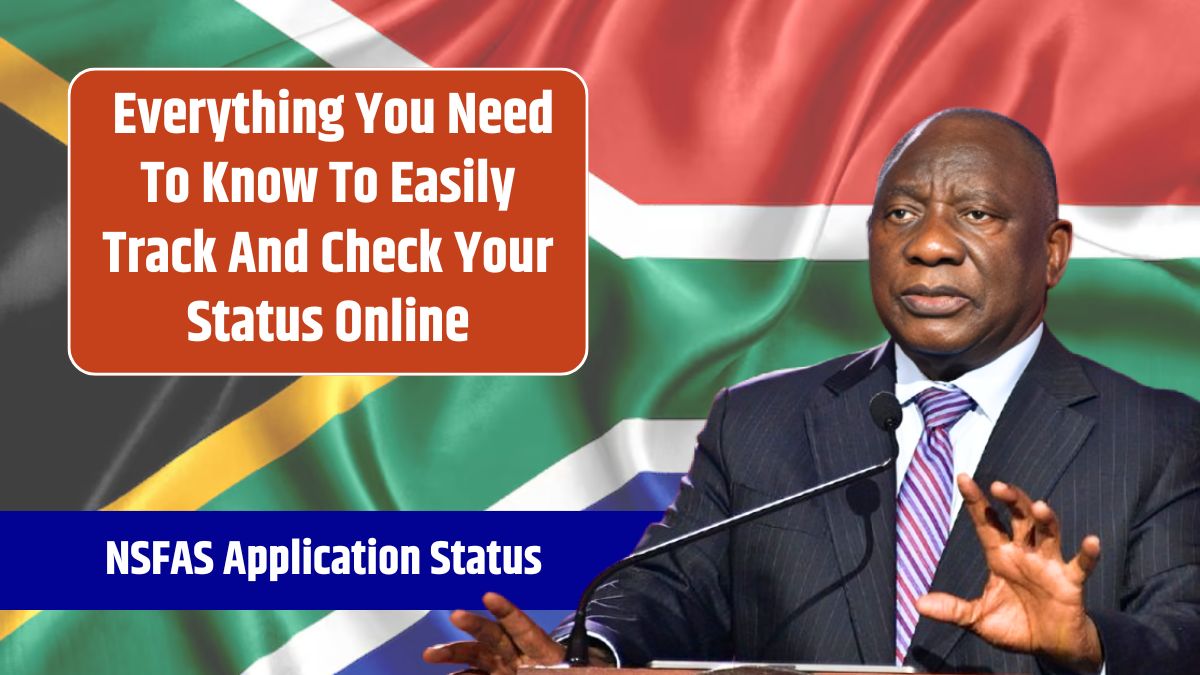Unpaid carers across the UK are in crisis after being hit with unexpected debts due to carer’s allowance overpayments. Many are now calling for urgent government intervention, with charity Carers UK urging a halt to legal action until a full review is completed. But how did this happen, and what is being done about it? Here’s everything you need to know.
Carers
Unpaid carers are individuals who look after a family member, friend, or neighbor due to illness, disability, or age-related needs. Unlike professional carers, they receive no salary, though they may qualify for carer’s allowance if they provide care for at least 35 hours a week.
The 2021 census revealed that approximately 5.7 million unpaid carers exist in the UK. For many, carer’s allowance is a lifeline, helping cover basic living costs while they support their loved ones.
However, thousands of carers now find themselves facing significant debts due to benefit overpayments—many of which they were unaware of.
Overpayments
Between 2017 and 2024, more than 135,000 unpaid carers were overpaid carer’s allowance, resulting in debts of up to £20,000 each. The number of affected carers surged by 71% between 2019 and 2024, with total overpayments rising from £150.2 million to £251.7 million.
The core issue? Strict eligibility rules. Carers earning even a few pence over the £151 weekly earnings limit must repay their entire carer’s allowance for that week—currently £81.90. Many were not informed of small breaches until years later, leaving them with thousands in unexpected debt.
Some carers also fell victim to the controversial “averaging” rule. This means their income was assessed on a week-by-week basis rather than averaged over several months, causing some to unintentionally exceed the limit and rack up penalties.
Anger
Carers are outraged not only because they face years of repayments but also because many followed official advice. Andrea Tucker, a charity shop worker, was told she was correctly following benefit rules, yet five years later, she was asked to repay £4,600.
Carers UK reported that overpayments ranged from £150 to £20,000, with an average debt of £4,000. Many affected carers now struggle financially and experience mental health issues due to the stress.
Liberal Democrat leader Ed Davey, himself an unpaid carer, condemned the scandal, saying it has caused “misery and distress on a staggering scale.” Further controversy arose when the DWP allegedly blocked a whistleblower from testifying about systemic failures in carer’s allowance administration.
Solutions
Despite an inquiry into the issue in 2019, little progress was made until 2024. In October, the government launched an independent review into carer’s allowance overpayments, with findings expected by mid-2025.
Carers UK insists that any recommended changes must be implemented immediately to prevent further hardship.
The Autumn Budget offered a small relief by raising the weekly earnings limit, allowing more carers to qualify for the benefit. However, critics argue that more comprehensive reforms are needed, including fairer earnings assessments and a more transparent notification process for overpayments.
Until then, thousands of unpaid carers remain trapped in debt due to a system that many believe is fundamentally flawed. The fight for justice is far from over.
FAQs
Why do carers have to repay overpayments?
If carers earn even slightly over the £151 weekly limit, they must repay their full benefit for that week.
How many carers are affected by the scandal?
Over 135,000 carers have been impacted, with total debts exceeding £250 million.
What is the ‘averaging’ rule?
It penalizes carers for exceeding weekly earnings limits, even if their average income is within the threshold.
What action is Carers UK demanding?
Carers UK wants legal action halted until an independent review is completed in 2025.
Has the government made any changes?
The earnings limit was raised in the Autumn Budget, but major reforms are still pending.
